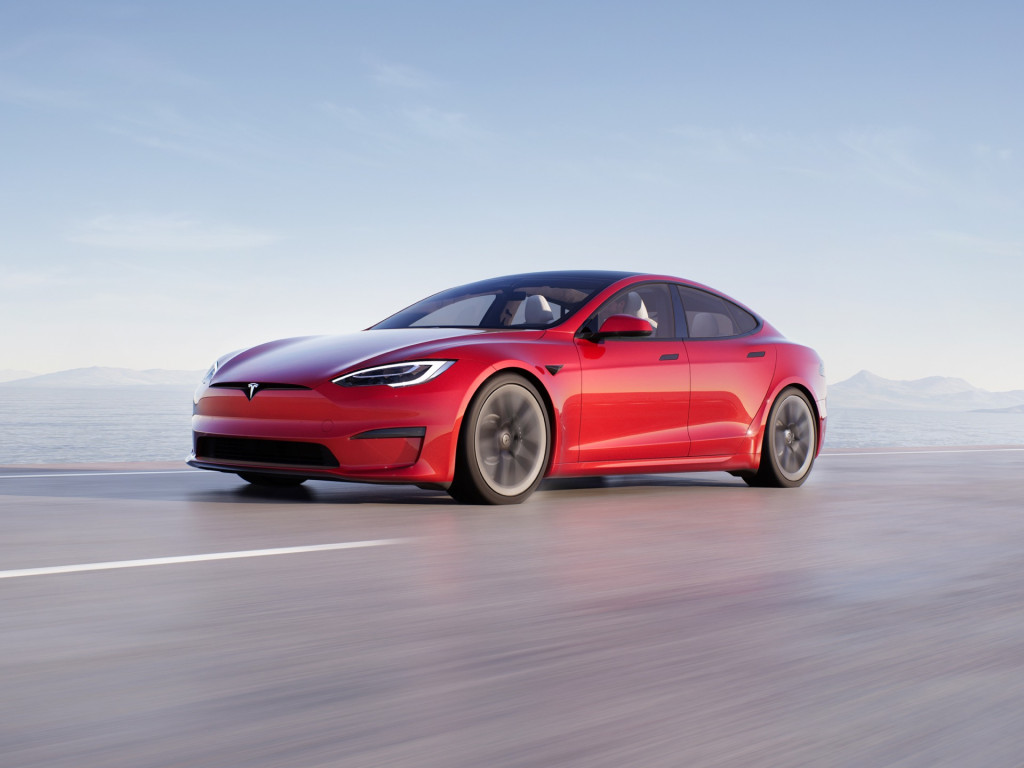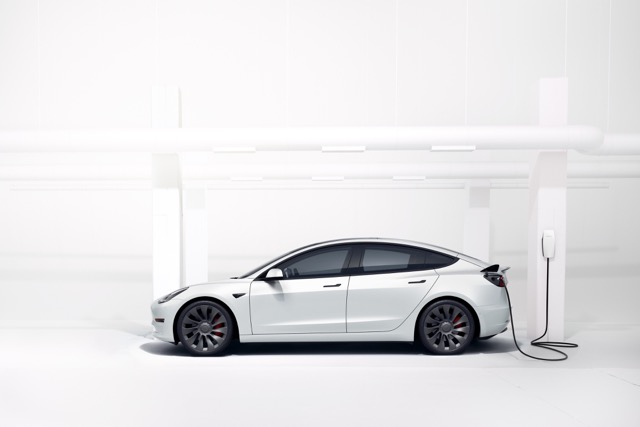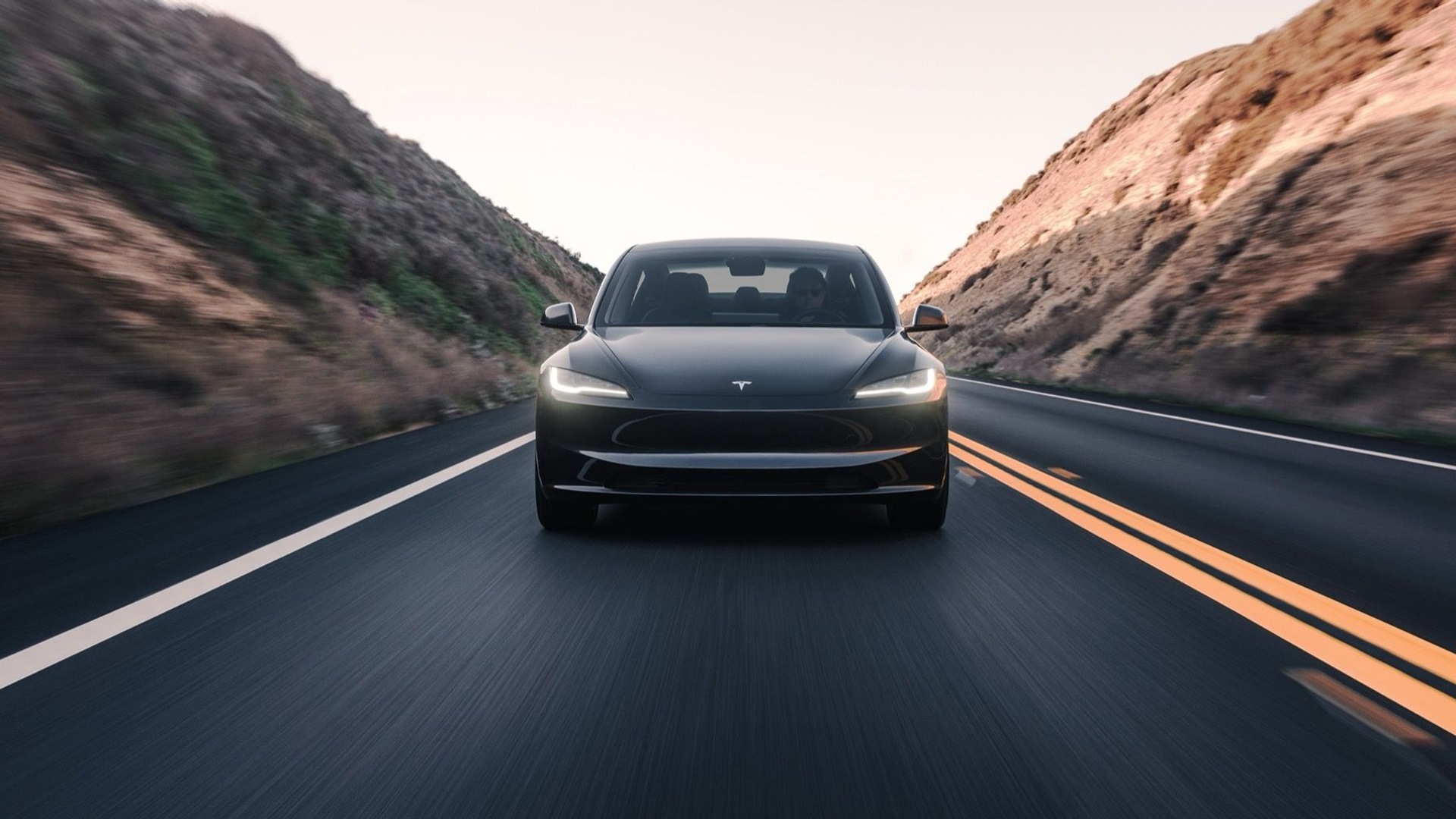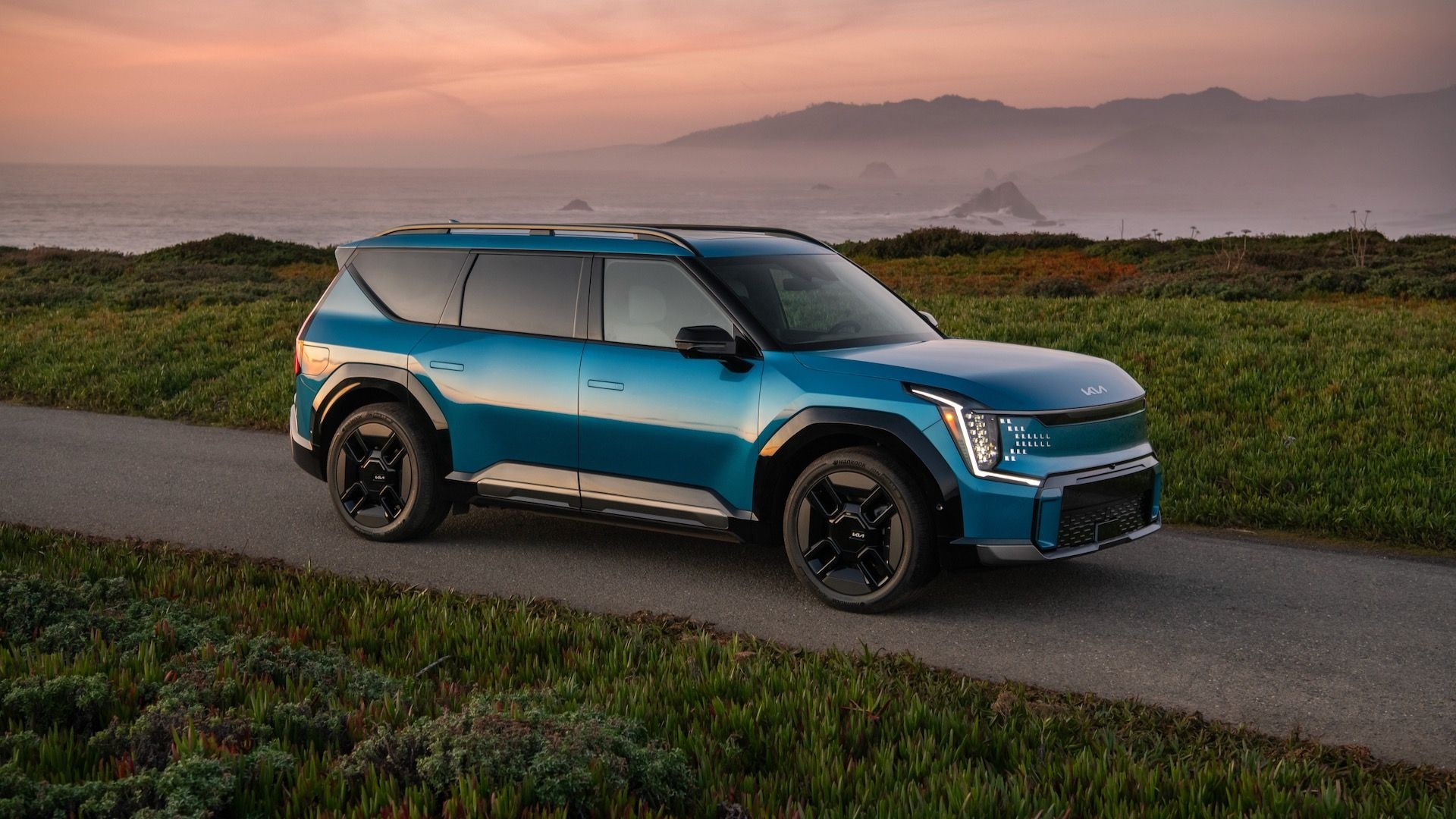Tesla owners put more miles on their cars than owners of other EVs, according to new iSeeCars data analysis.
All four Tesla models are driven an above average amount for EVs, but still not as much as the average for gasoline vehicles, according to the analysis. As with other iSeeCars data insights, it's based on the posted information of vehicles listed for sale—so people who keep their cars for a long time may skew the data in one direction or another.
Still, the data presented here leads to some confounding math. According to the analysis, electric cars cost an average 47% more than internal-combustion cars, but are driven 29% less.

2023 Tesla Model S - Courtesy of Tesla, Inc.
This builds on the findings a few years ago from a team of academic researchers—that EVs are generally driven much less than gasoline cars, but Teslas are driven the most. That could present a problem for EV supporters crafting arguments to get gasoline-car drivers to make the switch.
EV ownership cost advantages are often calculated based on driving as many miles as a gasoline vehicle. A 2022 analysis from the Zero Emission Transportation Association (ZETA), for example, declared that gasoline vehicles cost up to six times more to drive than EVs, based on a comparison of gas prices and electricity costs over an equal number of miles driven.

2023 Tesla Model 3
The math will be different for an EV with a higher purchase than an equivalent gasoline car that's also driven less, making it harder for owners to realize those cost savings. And as underscored in the past, those ownership costs can vary widely, so they're not always an accurate predictor of savings.
An alternative approach, advocated by climate group Coltura, is to sculpt EV policy around so-called "gasoline superusers," who are responsible for an outsize amount of gasoline consumption. Targeting drivers who use the most gasoline could help the most, Coltura argues. Given volatile gas prices, those superusers are also more likely to benefit from the potential cost savings of EVs.












